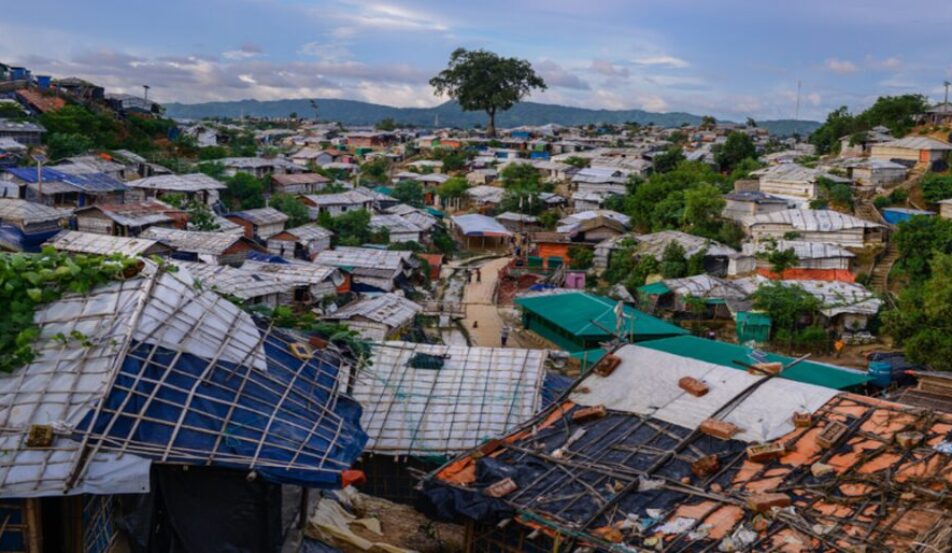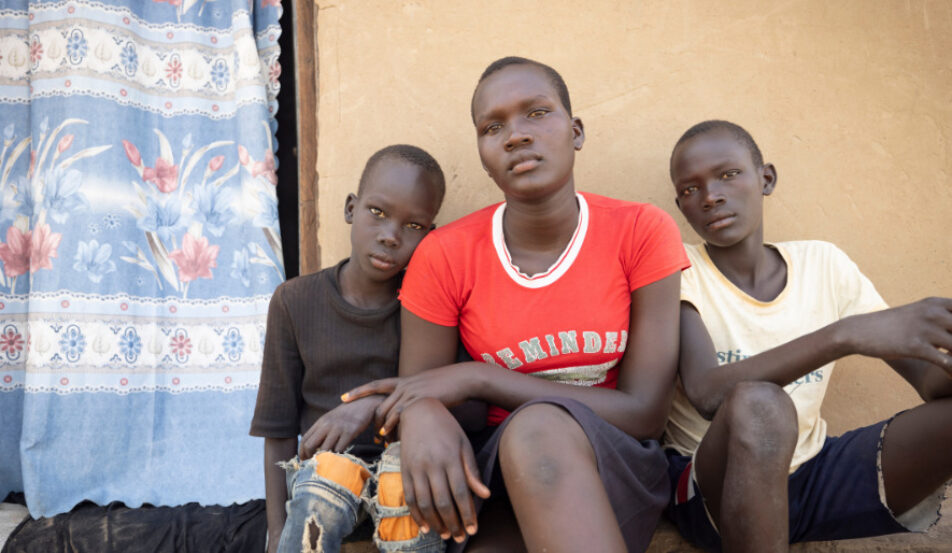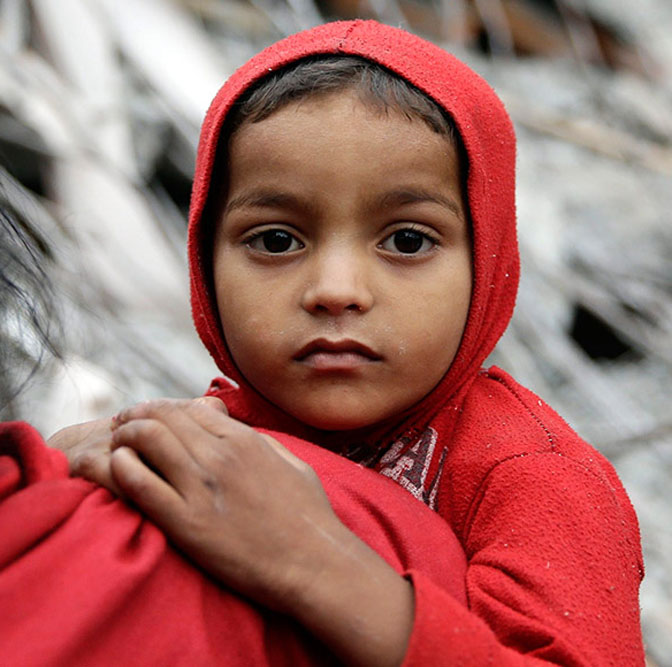Ebola Outbreak Believed Under Control in Uganda
An outbreak of the Ebola virus, which has claimed the lives of at least 16 people in Uganda since late July, now appears to be under control, according to the World Health Organisation.
The epicentre of the outbreak is in Kibaale district, with more than 230 suspected cases being identified and monitored by the Ministry of Health. Although the bulk of these cases are in Kibaale and surrounding districts, a few are reported in three districts where ChildFund has operations: Kiboga, Amuria and Kampala. To date, there are no Ebola cases involving children and families in ChildFund’s program areas.
ChildFund Uganda, which has been monitoring the situation since the onset, mounted a response plan in Kiboga, which is closest to the epicentre. All other ChildFund programs are on alert, with preparedness plans in place, should the situation change.
Ebola hemorrhagic fever is a deadly disease caused by the Ebola virus first identified in Africa in the mid-1970s. The Centers for Disease Control and Prevention reports that the incubation period for Ebola ranges from 2 to 21 days. The onset of illness is abrupt and is characterised by fever, headache, joint and muscle aches, sore throat and weakness, followed by diarrhoea, vomiting and stomach pain. A rash, red eyes, hiccups and internal and external bleeding may be seen in some patients. Up to 90 per cent of people who are infected with Ebola die from it, according to the National Institutes of Health.
ChildFund is collaborating with Uganda’s Ministry of Health in all of its preparedness and response activities that include:
- Launching a sensitisation campaign via radio talk shows and spot messages to help educate children and families in the affected districts on safe health practices.
- Working with the district health teams to develop a preparedness and response plan.
- Attending and participating in all district-level task force meetings.
- Contributing to the procurement of some protective gear and disinfection agents (eg gloves, disinfectants and face masks for village health teams).
Since the first cases were reported, Uganda’s Ministry of Health has helped the Kiboga district set up a surveillance and response team to quickly identify and isolate cases of the disease. The Ministry of Health is also providing continuous medical education sessions on Ebola for the Kiboga hospital staff.
Although the outbreak appears to be now traced to its source and contained, ChildFund Uganda remains on alert.






